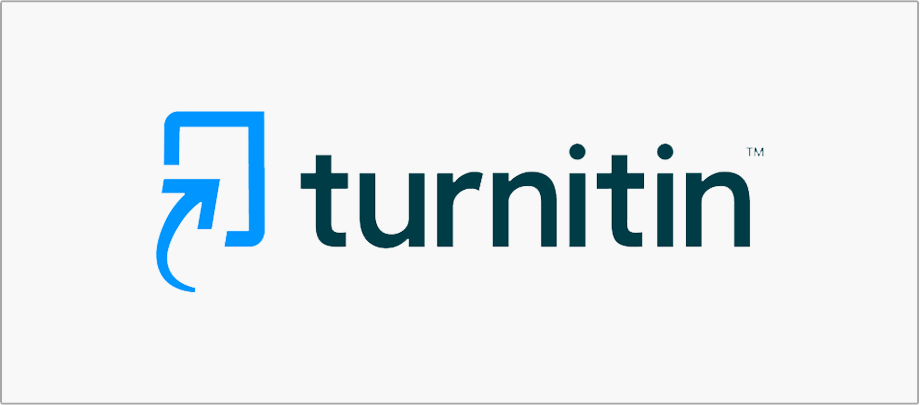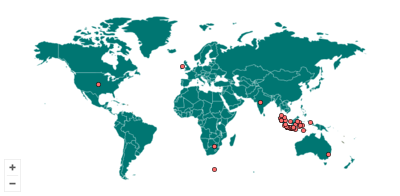ISLAMIC LAW REVIEW OF MONOPOLY PRACTICES IN MODERN ECONOMICS
DOI:
https://doi.org/10.22373/al-mudharabah.v5i2.6545Keywords:
Islamic Law,, Monopolistic, Modern EconomyAbstract
This research aims to analyse how the mechanism of modern economic monopoly practices, and how its application can prevent harmful business practices, and support the creation of a fairer and more ethical market in accordance with Islamic teachings. This research uses a qualitative approach with a literature study method (library research). This approach was chosen because it is in accordance with the purpose of this research, which is to evaluate monopoly practices in the context of modern economics based on the perspective of Islamic law. The results show that the rapid development of the modern economy and the phenomenon of monopoly have become one of the issues that attract the attention of economists, legislators, and legal scholars, including Islamic legal experts. In the context of Islamic law, monopolies that harm the interests of society are considered immoral and prohibited, as they can lead to economic injustice and oppression of consumers. Islam emphasises the importance of fairness, balance and protection of individual rights in every economic transaction. Islamic law, through concepts such as hisbah (market supervision) and ihtikar (prohibition of hoarding goods to raise prices), prescribes those economic activities be conducted in a fair and transparent manner. Therefore, monopolistic practices that result in market imbalances and harm society should be avoided.
References
Adiwarman Karim. (2001). Islamic Economics A Contemporary Study. Jakarta: Gema Insani.
Adiwarman Karim. (2007). Micro Islamic Economics. Jakarta: Raja Grafindo Persada.
Ahmad bin Hanbal. Musnad Ahmad.Kitab Musnad Al-Mukthirin min AshShahabah.
Al Arif. (2016). Monopoly and Ikhtikar in Islamic Economics. Shirkah: Journal of Economics and Business, Vol. 1, No. 3.
Al-Mawardi. (1996). Al-Ahkam As-Sultaniyyah. Beirut: Dar Al-Kutub AlIlmiyyah.
C.S.T. Kansil and Christine. S.T Kansil. (2006). Principles of Knowledge of Indonesian Trade Law. Jakarta: Sinar Grafika.
Carl Shapiro. (2018). Antitrust in a Time of Populism. International Journal of Industrial Organisation. Vol. 61, No. 2.
Eko Supriyanto. (2008). Microeconomics from an Islamic Perspective. Malang: UIN Malang Press.
Fahmi, C., 'Revitalisasi Penerapan Hukum Syariat di Aceh (Kajian terhadap UU No. 11 Tahun 2006) 8 Tsaqafah: Jurnal peradaban Islam 295–309
Fahmi, C., 'The Impact of Regulation on Islamic Financial Institutions Toward the Monopolistic Practices in the Banking Industry in Aceh, Indonesia' (2023) 11 Peuradeun Scientific Journal 667–86
Fahmi, C., 'Analysis Of Legal Aspects On Capital Investment Fraud In Indonesia' (2024) 1 Proceeding of International Conference on Sharia Economic Law (ICoShEL) 79–95
Fahmi, C., P.-T. Stoll, S. Shabarullah, M. Rahman, and S. Syukri, 'The State's Business Upon Indigenous Land in Indonesia: A Legacy from Dutch Colonial Regime to Modern Indonesian State' (2024) 8 Samarah: Journal of Family Law and Islamic Law 1566–96
Fahmi, C., S. Wahyuni, and L. M. Rashid, 'THE ROLE OF COURTS IN RESOLVING CASES OF BANKRUPTCY OF ISLAMIC BANK CUSTOMERS' (2023) 6 JURISTA: JOURNAL OF LAW AND JUSTICE 1–22
Fatah. (2016). Monopoly in the Perspective of Islamic Economics. Al-Iqtishad: Journal of Islamic Economics, Vol. 4, No. 2.
Handika, C. (2019). Monopoly from a Hadith perspective: A study of Fiqh al-Hadith. UIN Sunan Gunung Djati Bandung.
Hermansyah. (2008). Principles of Business Competition Law in Indonesia. Jakarta: Kencana.
Ibn Kathir. (2012). Short Translation of Tafsir Ibu Kasir. Surabaya: Bina Ilmu. Ibn Khaldun. (1958). Muqaddimah. Princeton: Princeton University Press.
Imam Gunawan. (2013). Qualitative Research Methods: Theory and Practice. Jakarta: Bumi Aksara.
Irawan, Mul. (2015). Islamic Market Mechanism in the Context of Ideal and Reality (Study of Analysis of Al-Ghazali's Thought and Ibn Taymiyyah). Business Journal.Vol.1, No.1.
Joseph E. Stiglitz. (2000). Economics of the Public Sector. New York: W.W. Norton & Company.
John Doe. (2023). Modern Economic Systems. Jakarta: Economic Publishers.
Karim, A. A. (2007). Islamic Microeconomics. Jakarta: Rajawali Press.
Milya Sari, Asmendri. (2020). Library Research in Science Education Research. Journal of Research in Science and Science Education, Vol. 6, No. 1.
Muhammad Abdul Manan. (1997). Theory and Practice of Islamic Economics. Yogyakarta: Dhana Bakti Wakaf.
Muhammad Djakfar. (2009). Business Law Building Discourse on the Integration of National Legislation with Shari'ah. Yogyakarta: UIN-Malang Press.
Muhammad Abdul Manan. (1997). Theory and Practice of Islamic Economics. Yogyakarta: Dhana Bakti Wakaf.
Mustafa Kamal Rokan. (2010). Business Competition Law: Theory and practice in Indonesia. Jakarta: Rajawali Press.
Munawwarah, E. (2021). Monopoly Market in Islamic View. Citra Ekonomi, Vol 2, No.1.
Nur Rianto Al-Arif and Euis Amalia. (2016). Microeconomic Theory: A Comparison of Islamic Economics and Conventional Economics. Jakarta: Kencana.
Sandono Sukirno (2005). Microeconomics Introductory Theory. Jakarta: PT Rajagrafindo Persada.
Sjafruddin Prawiranegara. (1998). Economics and Finance: the meaning of Islamic Economics. Jakarta: Cv. Haji Masagung.
Sugiyono. (2017). Quantitative, Qualitative, and Combination Research Methods (mixed methods). Bandung: Alfabeta.
Suhaimin. (2011). Ibn Khaldun's Thoughts on Trade, Financial Ratios and Market Supervision Mechanisms in the Book of Al-Muqaddimah. PekanBaru: Bachelor Thesis. Faculty of Sharia and Legal Sciences.
Susanti Adi Nugroho. (2012). Business Competition Law in Indonesia. Jakarta: Kencana.
Veithzal Rivai Zainal. (2004). Islamic Business Management: The Practice of Business Management in Accordance with Islamic Sharia.Yogyakarta: BPEF.
Yusuf Al-Qaradawi. (1997). Fiqh al-Zakah. Beirut: Mu'assasat al-Risalah.
Yusuf Al-Qaradhawi. (1997). Norms and Ethics of Islamic Economics. Jakarta: Gema Insani.
Zaini, A. (2014). Monopoly in Sharia Business. BISNIS: Journal of Islamic Business and Management, Vol. 2, No. 2.
Downloads
Published
How to Cite
Issue
Section
License
Copyright (c) 2025 Al-Mudharabah: Jurnal Ekonomi dan Keuangan Syariah

This work is licensed under a Creative Commons Attribution-NonCommercial-ShareAlike 4.0 International License.












